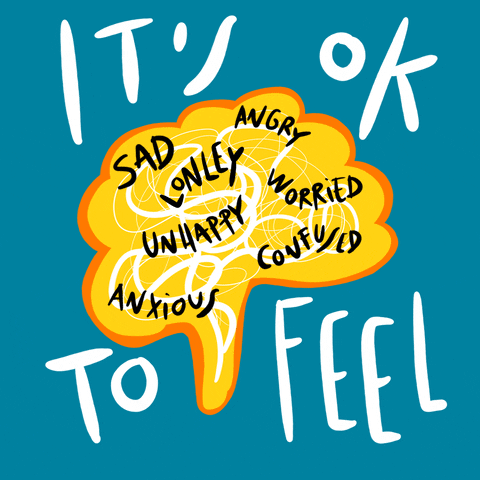
Hey there! We all go through tough times, and grief is something that can affect our teenage daughters too. As parents and guardians or anyone with a teen in their life, it’s crucial for us to understand and support them when they’re dealing with grief. Whether it’s from losing a loved one, experiencing a friendship breakup, or going through a painful romantic breakup. In this article, we’ll give you five key points to help you be there for your teen, offering helpful answers to her questions and talking points to navigate this challenging journey together.

Number One: Let Her Know It’s Okay to Feel:
First things first, it’s important to let your teenage daughter know that her feelings are valid. Whether she’s feeling sad, angry, confused, or a mix of emotions, assure her that it’s completely normal and okay to feel that way. Avoid brushing off or downplaying her emotions. Instead, create a safe space where she can freely express herself without judgment. Knowing that you’re there to support her through it all can mean the world to her.

Number Two: Keep the Lines of Communication Open:
Grief can make it tough for teenagers to put their emotions into words or share their thoughts. That’s why it’s we build on the above point and understand it is vital to foster open communication. Let your daughter know that she can talk to you about anything without fear of being criticized or dismissed. Be patient, listen attentively, and resist the urge to jump in with immediate solutions. Sometimes, all she needs is a sympathetic ear to listen and understand.

Number Three: Learn About Grief Together:
Grief is unique to each person, so taking the time to educate yourself about the grieving process can make a real difference in supporting your teen. Learn about the different stages of grief and the various ways it can manifest. This knowledge will help you anticipate her needs and respond effectively.

Number Four: Encourage Healthy Ways to Cope:
During grief, teenagers may feel overwhelmed by intense emotions, leading them to adopt unhealthy coping mechanisms like isolating themselves or engaging in self-destructive behaviors. Encourage your daughter to explore healthier outlets for processing her grief. Engaging in physical activities together, expressing herself through art or writing, or connecting with understanding friends can all help her find healthier ways to navigate her emotions.

Number Five: Seek Professional Support When Needed:
Sometimes, despite our best efforts, professional help becomes necessary. If your daughter’s grief appears prolonged, significantly affects her daily life, or if she’s showing signs of severe distress, consider reaching out to a mental health professional. They have the expertise to offer specialized guidance and interventions tailored to her needs. Remember, seeking professional assistance doesn’t mean you’ve failed; it shows your dedication to her well-being.

Supporting your daughter through grief requires patience, understanding, and open communication. By acknowledging her feelings, creating a safe space for her to express herself, learning about grief together, encouraging healthy coping mechanisms, and seeking professional support when needed, you can provide the loving support she needs during this challenging time.
If you’d like a little more support, check out this video that Tammy recorded with Megan Roantree for our Shine Festival back in 2021. Megan and Tammy share their experience of grief, how they felt, and how they learned to live and express their grief. Megan shares how counselling helped her come to terms with the loss of her father and best friend, rather than pretending everything was fine.
If you would like to support us and the work that we do, you can donate below ❤



